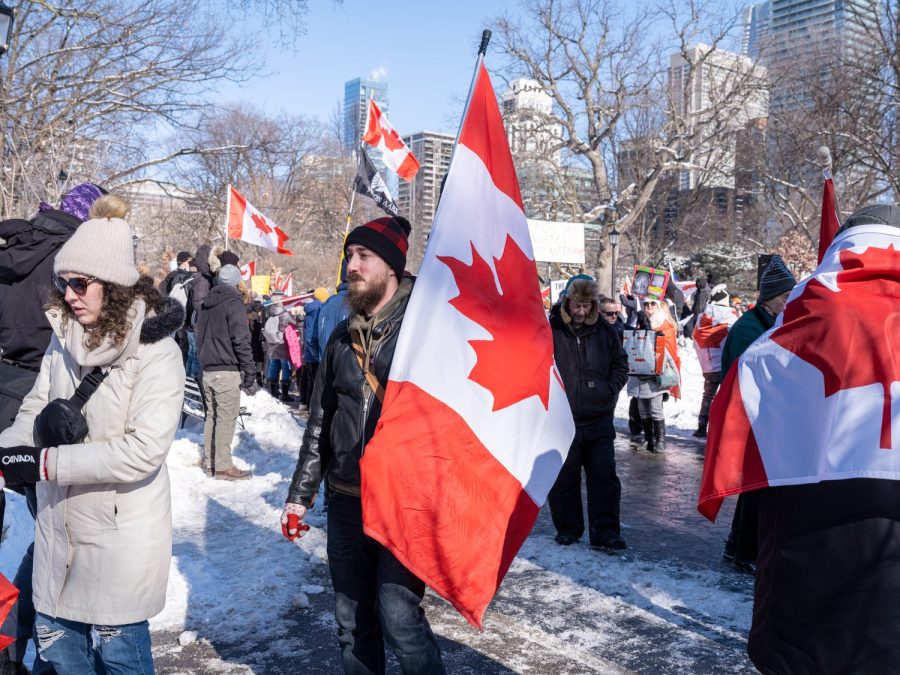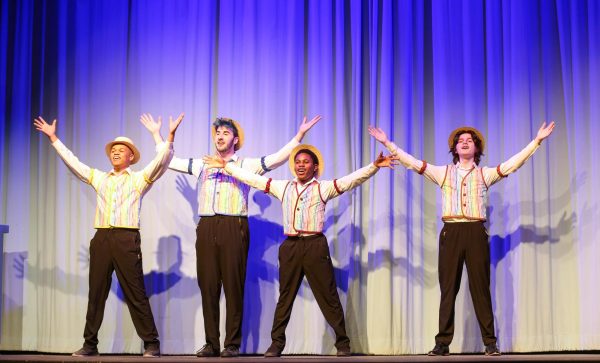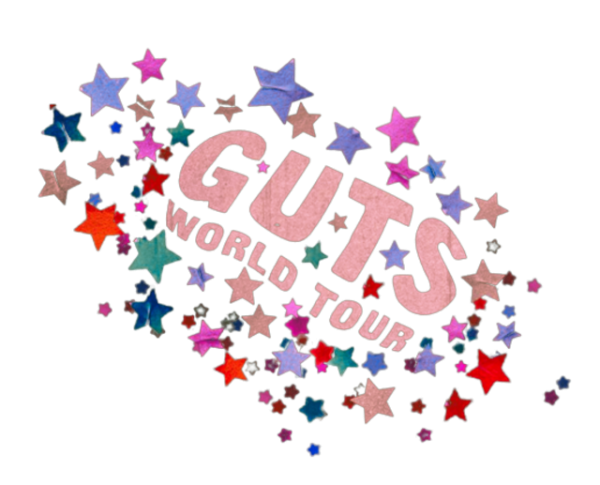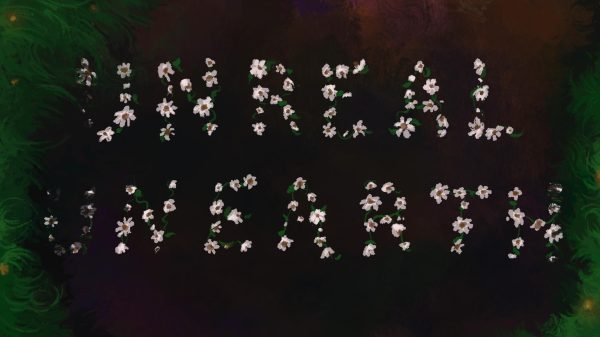Truckers vs Trudeau: What is too far?
On Monday Feb. 14, Canadian Prime Minister Justin Trudeau invoked the Emergencies Act of 1988.
The act supplies the prime minister and those in specific positions of authority with a variety of powers which would usually be outside of their control. These include the prevention and dispersal of public assemblies, freezing of bank accounts and the commandeering of private business entities.
The reasoning given for these measures is the so-called “freedom convoy,” a congregation of Canadian truckers protesting the nationwide COVID-19 regulations – specifically the vaccination mandates. The most prominent section of the protest is located in the nation’s capital Ottawa.
Trudeau has set a dangerous precedent by using an act which was originally implemented by his father Prime Minister Pierre Elliot Trudeau, after the havoc created by the Quebec separatists – the Front de libération du Québec – including the abduction of the Deputy Premier Pierre Laporte and British diplomat James Cross.
The separatists were responsible for over 160 acts of violence and the deaths of 8 people. The trucker convoy, to contrast, has had no deaths or injuries attributed to it; it has simply been a nuisance for the government.
Their blockage of trade ports and disruptive acts, especially in the nation’s capital, have inconvenienced many and led to supply struggles, but if a protest does not inconvenience or disrupt, is it truly an effective protest?
If they were simply to stand next to the road waving signs, it is doubtful that the Canadian government would pay them much mind. Even with the pressure imparted by the truckers, Trudeau and his cabinet have done little to come to an agreement with them, mostly writing the truckers off as seditious hooligans.
Due to these people who have decided to do what many would regard as the rights of a free citizen, Trudeau has made moves which blur the lines between democracy and autocracy.
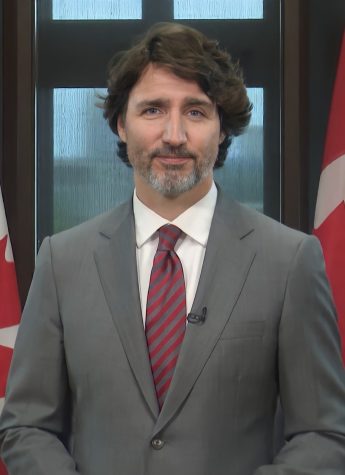
He has made it possible for the government to manipulate the finances of individuals, forced businesses, under threat of criminal charges i.e. tow truck companies and given the police the power to disperse assemblies which can “reasonably be expected to lead to a breach of peace.”
The terrifying aspect to these turn of events is the fact that if the prime minister is able to invoke such powers, which allow him and other authorities to step over the bounds of individual sovereignty in a situation where they are arguably overkill, where will he and future Canadian leaders draw the line in terms of “what is too far”?
Your donation will support The Lion's Roar student journalists at Southeastern Louisiana University.
In addition, your contribution will allow us to cover our annual website hosting costs.
No gift is too small.
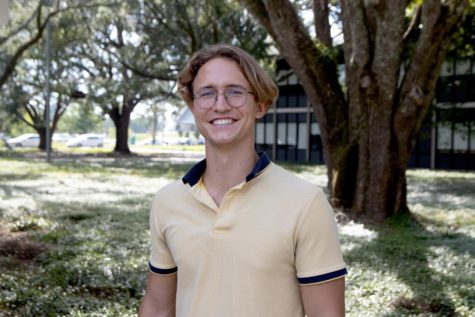
Philip le Riche is an integrative biology major from Pretoria, South Africa. He started his studies at Southeastern in the Fall of 2021 and began his career...


